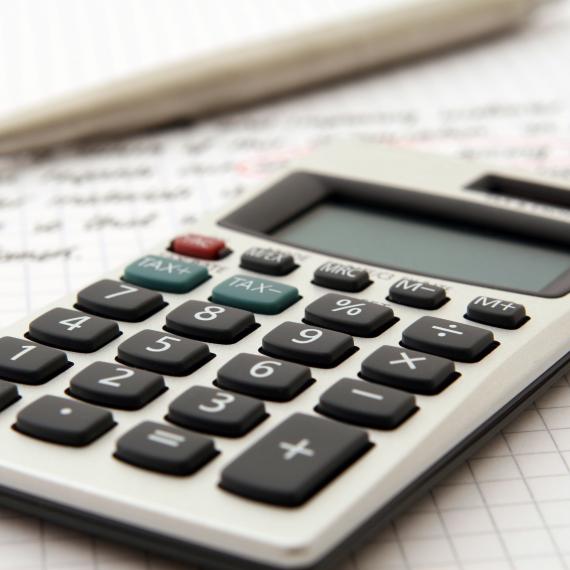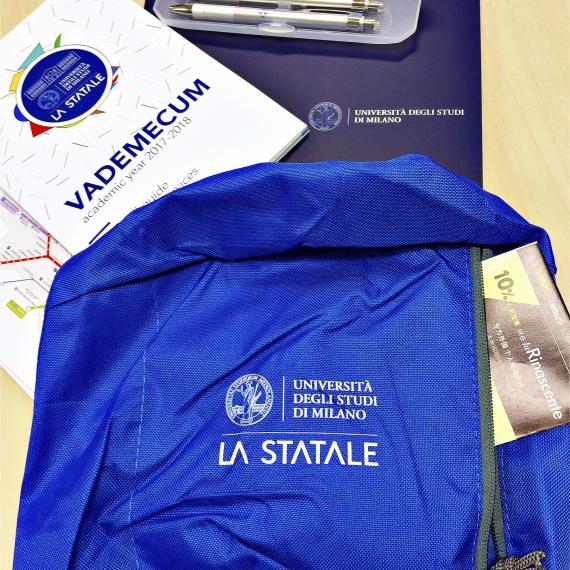Studying at Mathematics
Courses are organized into two coordinated cycles or semesters with a minimum duration of thirteen weeks.
Learning skills and professionalism on the part of the student is calculated in Academic Credits (CFU).
One CFU corresponds to a nominal load of 25 hours of work for the student, in which at least 50% is reserved for personal study or other individual educational activities. Usually, one CFU corresponds to:
- 9 hours of lectures in class with 16 hours of individual study;
- 11 hours of exercises in class with 14 hours of individual revision;
- 12 hours of laboratory work with 13 hours of individual revision;
- 25 hours of coursework related to activities included in the Academic Regulations for the degree program in Mathematics.
Entrance examination
The Bachelor’s Degree Programme in Mathematics does not have a limited enrolment, however, before enrolment a non-selective entrance exam is obligatory through which any past learning gaps are identified and can be recovered by attending supplementary courses.
As part of the training offered through the Bachelor's Degree Programme, students are offered the opportunity to carry out teaching internships in upper secondary schools under the supervision of a professor in the Department of Mathematics. This activity consists of an Observational Internship phase, in which the students attend math and physics classes, and then an Active Internship phase, in which the students teach lessons under the guidance of the secondary school teacher. Furthermore, also in the educational offer, students can carry out short internships in businesses, under the supervision of a university professor.
As part of the educational offer of the Master's Degree Programme, students can carry out an internship with businesses, under the supervision of a university professor. This activity is coordinated by the special Internship Commission of the Mathematics Academic Board (CDM).
Through the Erasmus project, students in both the bachelor's and master's degree programmes can apply for a study period abroad, choosing from approximately 30 locations including, among others, the following countries: Austria, Denmark, Finland, France, Germany, United Kingdom, Norway, Netherlands, Poland, Portugal, Czech Republic, Romania, Slovenia, Spain and Sweden.
Last year there were about 25 students involved, with a proportion of 1:5 between bachelor's and master's degree programmes.
Two framework agreements have also been activated through the department with the ALGANT consortium (Algebra, Geometry and Number Theory) and ECMI (European Consortium for Mathematics in Industry), which offer courses for obtaining the related degree.
See all the numbers of the University of Milan: international rankings, economic data, students, graduates and employment by study areas.







